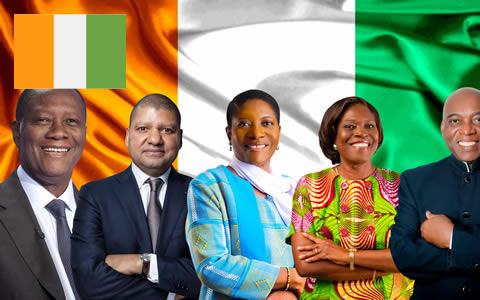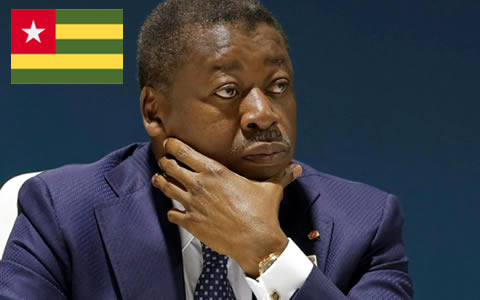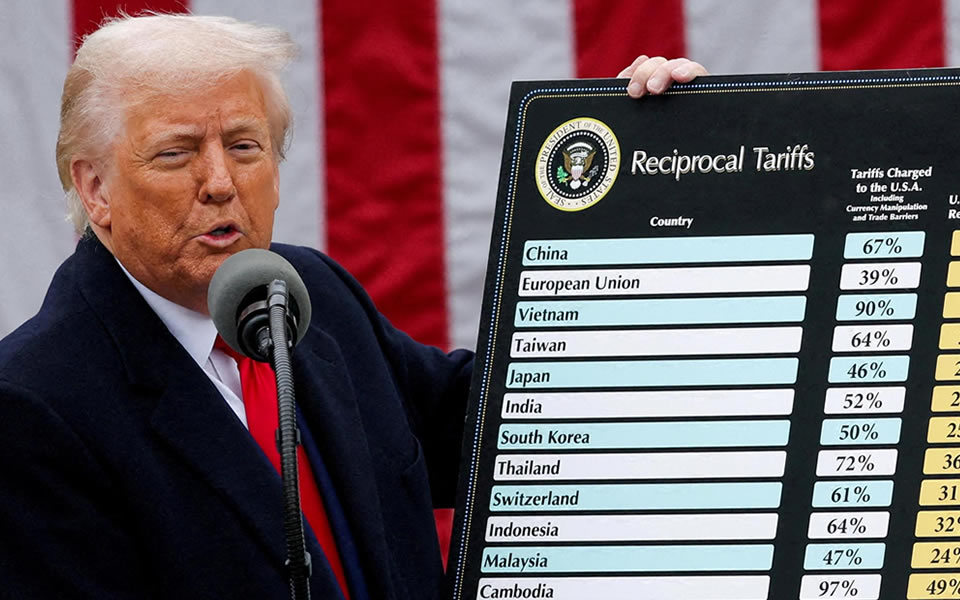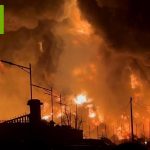
Conakry Main Fuel Depot Explosion: Impact Assessment & Forecast
December 19, 2023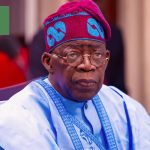
Growing Domestic Pressure to Address Domestic Insecurity in Nigeria
February 7, 2024POSTPONED ELECTIONS & LOOMING POLITICAL UNREST
5th February 2024
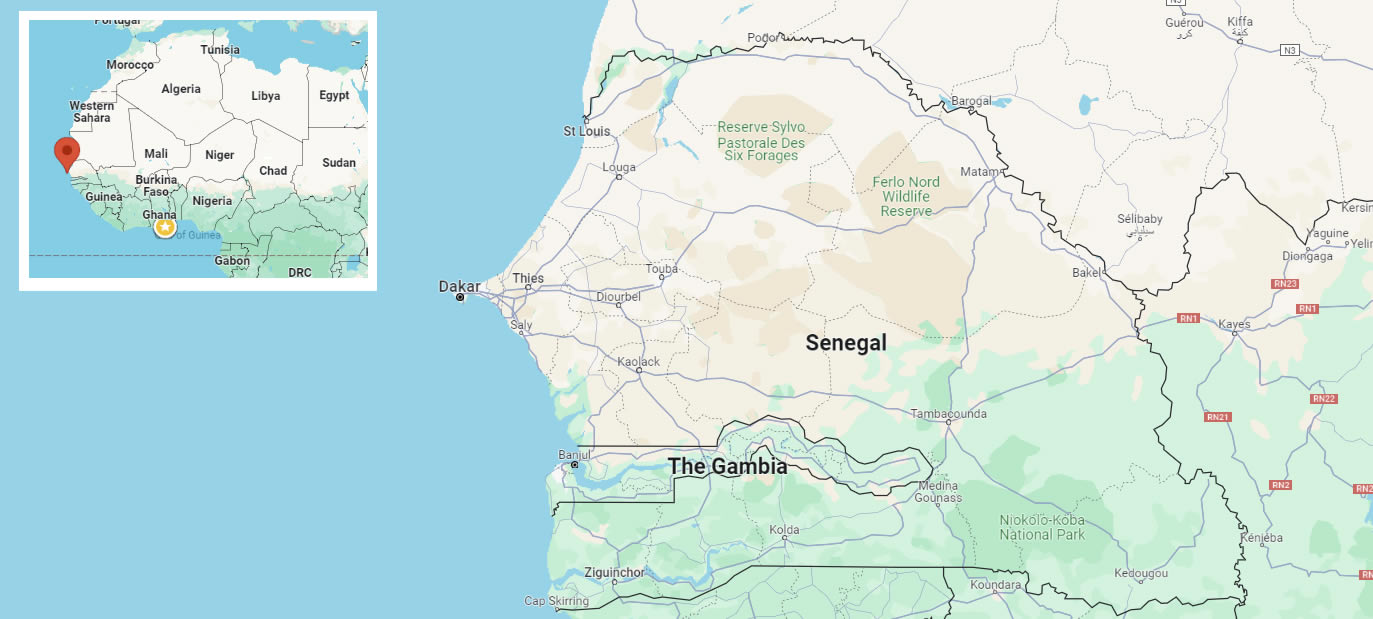
Introduction
Although Senegal has been a beacon of democratic stability in West Africa over the past six decades, the country faces an unprecedented political crisis. The postponement of the presidential elections, initially slated for February 25, 2024 by President Macky Sall, has led to widespread protests and unrest across Senegal. This development is a striking deviation from Senegal's history of uninterrupted electoral processes, raising critical questions about the future of democracy not only in Senegal but in the broader West African region.
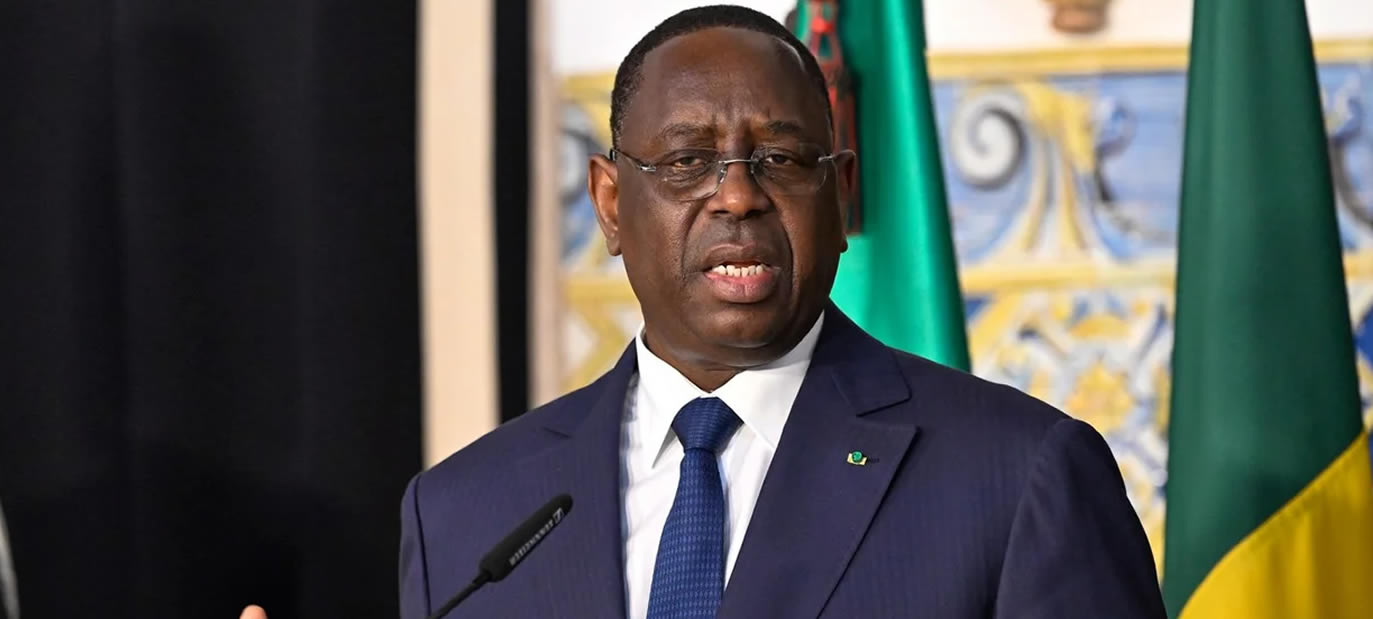
Background: The Unfolding Crisis in Senegal
For the first time in its history, Senegal has deferred a presidential election, a decision that has sparked widespread discontent and violent demonstrations. This situation is compounded by the exclusion of key opposition figures, a move that has been perceived as undemocratic and has significantly escalated tensions.
2023 experienced at least 102 violent protests across Senegal representing a threefold increase compared to the previous year, with many incidents sparked by political motivations. Many of these protests led to clashes between the protesters and state security forces and resulted in the deaths of about 40 people.
Analysis of Current Situation
Political Unrest and Term Limits: Many African nations, including Mali, Burkina Faso, Niger and Gabon have experienced coups following widespread public discontent, political instability and attempts to alter presidential term limits. In Senegal, while there hasn’t been an overt attempt to change the constitution in this regard, the significant political unrest and protests, primarily against the government’s decisions and actions, mirror the early stages of unrest seen in these countries.
Public Dissatisfaction and Protests: The widespread public dissatisfaction and protests in Senegal, particularly against perceived injustices and political decisions, are reminiscent of the scenarios in Egypt and Guinea. The intensity and frequency of these protests often serve as a barometer for escalating political tensions, as witnessed in these nations.
Role of Security Forces in Politics: The involvement and response of security forces in Senegal, as seen in the recent riots and demonstrations, share similarities with the situations in Sudan and Chad, where the military has played historically crucial roles in the political dynamics. The nature and extent of military involvement can be a critical factor in determining whether a country veers towards or away from a coup scenario.
Senegal’s Unique Situation
History of Democratic Stability: Unlike many of the cited countries, Senegal boasts a notable history of democratic stability. It has never experienced a coup or postponed elections, marking a significant distinction from the typical precursors to coups in other African nations. This historical precedent may contribute to a more resilient democratic institution and political culture.
Civil Society and Political Engagement: Senegal's vibrant civil society and high levels of political engagement, often manifesting in peaceful protests and active political discourse, differ from the more tumultuous and sometimes violent scenarios in countries like Mali and Burkina Faso. This active civil society plays a crucial role in safeguarding democratic norms.
International Relations and Regional Stability: Senegal's stable international relations, especially within the West African region, and its role in regional bodies like ECOWAS, contrast with the more isolated or turbulent foreign relations of some countries that experienced coups. This external support and regional integration may help mitigate the risks of a coup.
Economic Factors: Economically, Senegal has shown relative stability and growth, unlike the economic crises or stark inequalities that catalyzed unrest in several other West African countries. Senegal’s relatively stable economy is likely to alleviate some of the socio-economic pressures that often tend to worsen political instability.
The Role of ECOWAS, African Union (AU) & International Community
The Economic Community of West African States (ECOWAS), the African Union (AU) and the wider international community face a formidable challenge in Senegal. While both ECOWAS and the AU have expressed concerns about the political developments in Senegal, it is unlikely either body is likely to take any concrete steps to influence the decisions in Dakar. This inability to exert meaningful influence in political activity within member states has formed the basis of recent criticisms of such regional bodies, particularly ECOWAS.
The recent decision by the military governments of Mali, Burkina Faso and Niger to leave ECOWAS further highlight the questions about the bloc’s ability to execute its stated purpose of promoting political stability within member states.
Forecast
The short-term forecast for Senegal indicates a high risk of continued unrest, which could lead to more severe confrontations if not addressed promptly and effectively. In the medium term, much depends on the government's ability to manage the crisis and establishing a new clear electoral roadmap as well as the need for inclusive and transparent political processes.
Conclusion
The looming political crisis in Senegal is a pivotal moment for the country and the region. As Senegal navigates these uncharted waters, the support and vigilance of regional bodies and the international community are crucial. The resolution of this crisis will not only shape the future of democracy in Senegal but also serve as a litmus test for democratic resilience in West Africa, especially for the regional economic block, ECOWAS.
While many parallels can be drawn between Senegal and several West African nations that have experience coups in recent years, there are some mitigating factors as well. Senegal's unique position in terms of its historical democratic stability, active civil society, stable international relations, and relatively stable economic situation set it apart from other African countries that have experienced coups. This distinct context provides both a buffer against and a pathway to addressing the current challenges without resorting to undemocratic changes in power.

